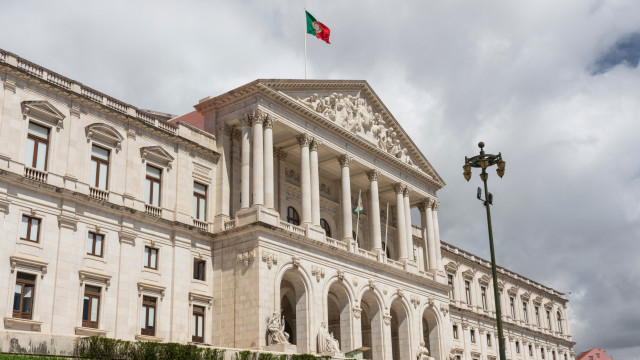Approved requests will continue to be paid, but young people submitting new applications must choose between receiving the Salary Award (tuition refund) or benefiting from Young IRS.
The announcement was made this week by the Minister of Education, Science, and Innovation, following an indication from the Tax and Customs Authority (AT) that the tuition refund will be paid in the second week of September.
“The approved requests will continue to be paid, as announced yesterday (Monday) by the Tax Authority. However, for new requests, graduates will have to choose between the salary award and Young IRS,” announced the Minister of Education, Science, and Innovation.
What is the Salary Award?
The Salary Award for skills enhancement, essentially the tuition refund, is aimed at young people up to 35 years old residing and working in Portugal. It was approved by the government led by António Costa in 2023 and included in the 2024 State Budget.
The State Budget for 2025 made no mention of this mechanism, and for several months the Government portal, where applications are submitted, has noted that “no new applications are being accepted” and that “the deadline for submitting applications in 2025 has not been announced,” creating doubts about the measure’s continuity.

A group of young people scheduled a demonstration for August 31 at the Assembly of the Republic in Lisbon to protest the delay in payment of the Salary Award. The youth have been waiting for more than three weeks for support and have no forecast from the AT.
In February, the Minister of the Presidency, António Leitão Amaro, had already stated that the Government was considering the possibility of the tuition refund mechanism being cumulative with the new Young IRS.
How does the Young IRS work?
The new Young IRS model, effective since January 1, 2025, is more inclusive than the previous one, as the maximum age for beneficiaries increased from 30 to 35 years, and the benefit period doubled from five to ten years.
Moreover, access to the scheme no longer depends on educational attainment (in the previous model, only young people with at least a bachelor’s degree benefited), and the exemption limit has increased.
This mechanism, advocated by the Minister of Education, aims to “allow all young people to quickly recover the investment they made in their education with better salaries and better jobs.”
Considering that “the basic design of the salary award is flawed and ineffective,” the Government decided that young graduates who wish to benefit from the measure will have to forgo the Young IRS.
Who is eligible for the Salary Award? How much is received?
The award corresponds to an annual payment of 697 euros for a bachelor’s degree and 1,500 euros for a master’s degree, during the equivalent duration of the course.
For example, for a three-year bachelor’s degree, the young person receives three annual awards of 697 euros, which could be combined with the Young IRS if they meet the requirements.
The award is open to young working residents in Portugal up to 35 years old who have completed a bachelor’s or master’s degree in public or private, national, or foreign higher education institutions in 2023 or earlier, provided this was less than the course duration ago.
Young people who applied for the skills enhancement award in 2024 will continue to receive the remaining payments as planned, also potentially benefiting from the Young IRS.
The second annual payment, which should have been processed by the end of July, will be paid by the end of the second week of September, according to the Tax and Customs Authority (AT).




